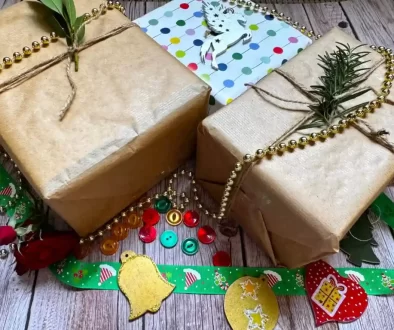Clean up your act and start recycling this spring
A National Recycling Day message from the Paper Recycling Association of South Africa
Recycling. It is a word that either gets you excited or fills you with dread. But in a world of consumption and waste, recycling is quite possibly one of the easiest things you can do to keep our planet clean and healthy.
The excuses for not recycling vary from it being inconvenient and time-consuming to the fact that it creates jobs for ‘waste pickers’ on rubbish dumps.
Ursula Henneberry from the Paper Recycling Association of South Africa (RecyclePaperZA), says, “It may take a little bit of effort at first but once you have a simple system in place at your home or office, it becomes second nature as opposed to another laborious chore.”
With only 5% of households in South Africa recycling their paper, Henneberry agrees that we need to make it easier and more convenient for consumers to recycle. RecyclePaperZA along with other members of the Recycling Action Group are working with local government to implement a two-bag system for households and establish formalised recycling systems.
“There is also a common notion that discarding recyclables among your household waste allows waste pickers on rubbish dumps to earn more money,” adds Henneberry. “In the case of paper, this could not be further from the truth. By the time recyclable paper gets to a landfill site it could be too contaminated to be of any value to the waste picker.” For recovered paper to fetch a good price for the recycling collector, it needs to be clean and dry.
RecyclePaperZA shares a few tips on how to get into a recycling regime:
- Start small – by recycling paper, of course. Many areas have kerbside and townhouse collection programmes. Make use of these.
- Do a little bit of research to find out where you can drop off your recyclables – at your local shopping centre, your children’s school or a community or religious centre that is en route to or from work. Ask friends for recommendations or visit www.mywaste.co.za for details of your closest drop-off points.
- If you see a recycling collector rummaging through your refuse bags on a weekly basis, why not agree to keep your recyclables separate for him or her? This incr
eases the quality of the recyclables and the collector could earn a little more for better quality. - Know your recyclables – look out for the triangular symbol on your packaging. Not all paper can be recycled.
— Paper products that are recyclable: magazines (including the glossy variety), newspapers, brochures, office paper, shredded paper, cardboard, liquid board packaging including milk, juice and food cartons (Tetrapak).
— The following paper-based items are not recyclable: wet, soiled paper such as used paper plates, disposable nappies, tissues and toilet paper; foil, gift wrapping, carbon paper and sticky notes; wax-coated, foil-lined or laminated boxes; used cement and dog food bags. - Invest in colour-coded containers – one each for paper, glass, plastic and tin – and keep them in your kitchen if you have the space. (Colour-coding also makes it easier for younger members of the family!) Empty them regularly into larger bags or containers.
- Don’t let the recycling pile get too big before you drop it off – keep a box/crate in your boot so you can do a weekly drop-off when you do your shopping or run other errands.
- Get t
- he older children involved. If you have more than one child, make them each responsible for a recyclable.
- Keep your paper clean and dry.
- Rinse tins, glass and plastic items.
- Always keep in mind that you are recycling for a good reason – the future of our planet. This should be motivation enough to keep you going!



